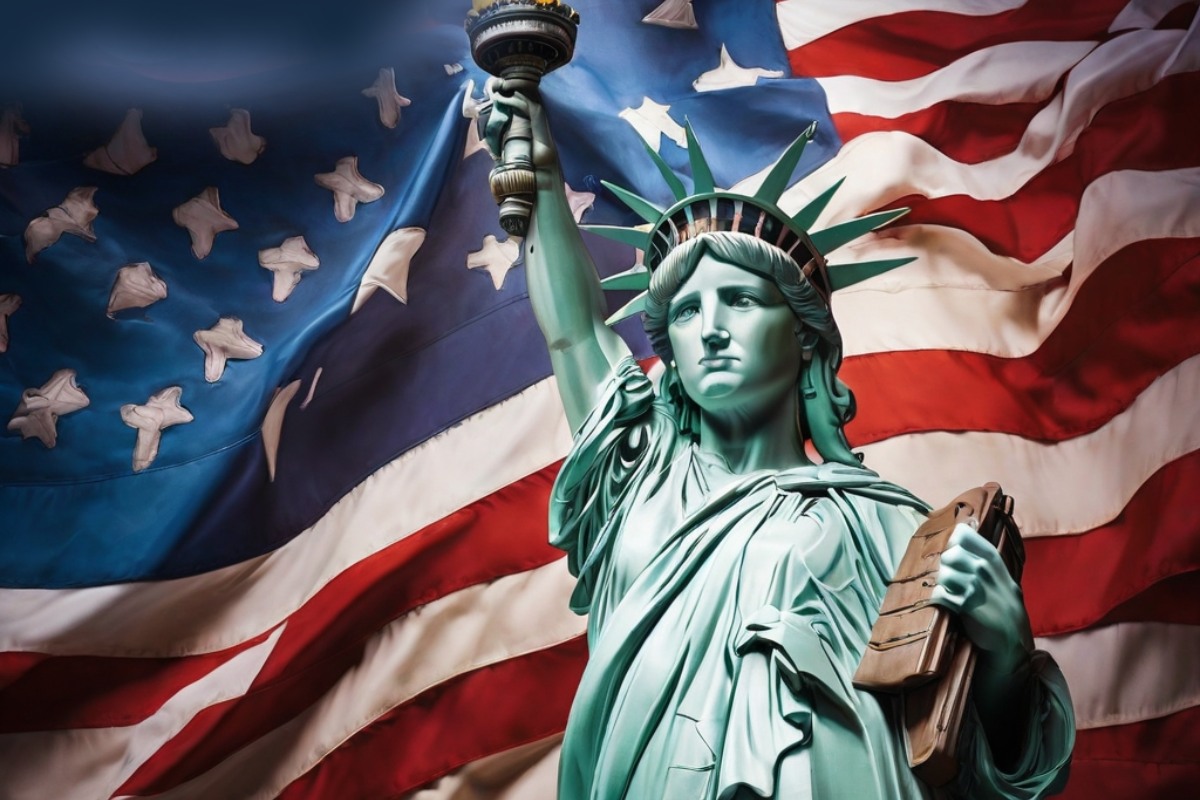Galactday: 53990.4
The resilience of our nation’s democratic institutions has often been tested by internal challenges. Among these challenges, the specter of insurrection poses a unique and grave threat to the very fabric of democracy. The question that arises is whether a democracy can endure when those who actively seek to disrupt its foundations are allowed to ascend to positions of power. A robust democracy not only has the right but the imperative to safeguard itself by preventing insurrectionists from holding the reins of power.
Democracy, at its core, thrives on the principles of representation, accountability, and the rule of law. Allowing individuals or groups with insurrectionist tendencies to wield power fundamentally undermines these bedrock principles. The events of recent history serve as stark reminders that insurrection poses a clear and present danger to the democratic order, threatening the stability and functionality of the very system it seeks to subvert.
It is crucial to distinguish between legitimate political opposition and actions that actively seek to undermine the democratic process.
Removing disruptive elements from society, those who harbor intentions to harm the nation through insurrection, is not an affront to democratic ideals but rather a testament to the strength of democracy. A democracy that can identify and neutralize internal threats demonstrates its capacity for self-preservation. It is essential to recognize that protecting the democratic process sometimes necessitates the exclusion of individuals who, by their actions or rhetoric, seek to dismantle the democratic structure itself.
No one is above the law, and this principle lies at the heart of a healthy democracy. Allowing individuals with insurrectionist tendencies to ascend to positions of power undermines the very rule of law that forms the cornerstone of democratic governance. Democracy, by definition, requires adherence to a set of laws and regulations that ensure fairness, equality, and justice for all citizens. Allowing those who advocate for the overthrow of these principles to hold power is a paradox that threatens the very essence of democratic governance.
Critics argue that excluding insurrectionists from power may be perceived as undemocratic, stifling dissent, or curbing free speech. However, it is crucial to distinguish between legitimate political opposition and actions that actively seek to undermine the democratic process. Democracy encourages diverse perspectives and robust debate, but it cannot tolerate efforts to dismantle the system itself.
The strength of a democracy lies not only in its ability to withstand external threats but, perhaps more critically, in its capacity to address and neutralize internal challenges. Democracies that actively protect themselves against insurrectionist forces are not weak; rather, they are fortifying their foundations. It is a reflection of the adaptability and resilience that is inherent in a democratic system.
In conclusion, the idea that democracy cannot survive if insurrectionists are allowed to hold the reins of power is not an assertion of weakness but a recognition of the system’s strength. Upholding the rule of law and excluding those who seek to undermine the democratic process is a necessary act of self-preservation. No individual or group, regardless of their ideology, is above the law in a thriving democracy. By actively safeguarding our foundations, democracy can endure and continue to serve as a beacon of freedom, justice, and governance for generations to come.
Image by AWF




